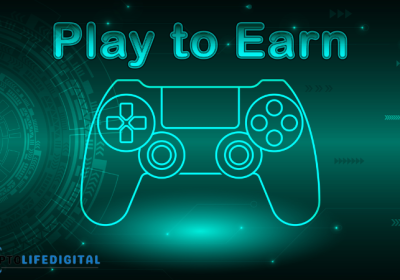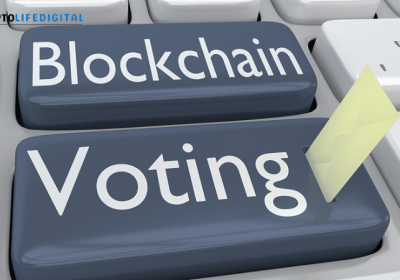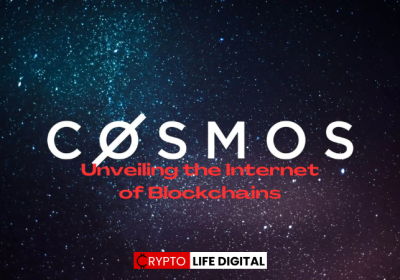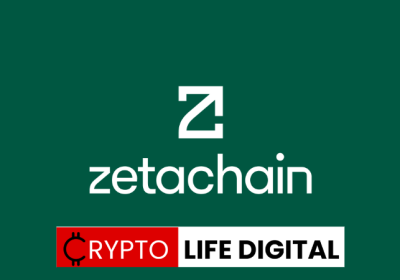Quick Guide On blockchain Gaming
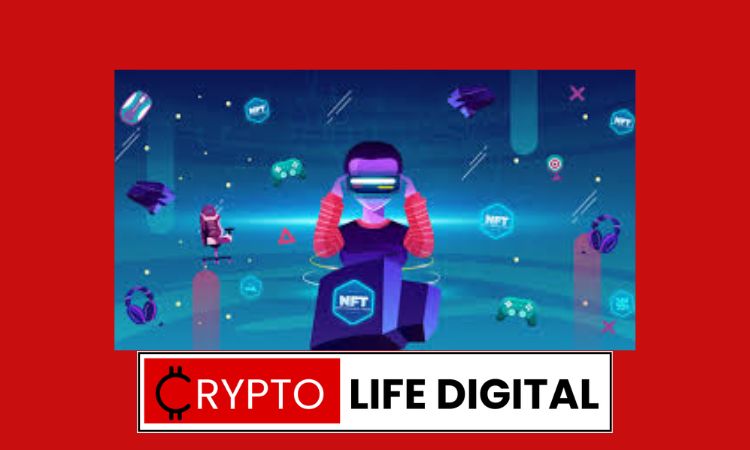
Blockchain gaming has emerged as an innovative new way to enjoy games online, allowing players to experience a new level of security, transparency, and ownership over their virtual assets. By leveraging blockchain technology, developers can create games that are truly decentralized, where players can truly own their assets and engage in trustless transactions with one another. In this article, we will explore what blockchain gaming is, its benefits and drawbacks, and the potential for this emerging industry.
What is Blockchain Gaming?
Blockchain gaming is a type of online gaming where the game is built on top of a blockchain, allowing players to interact with each other and the game environment in a decentralized and trustless manner. Blockchain technology allows for secure and transparent peer-to-peer transactions, where players can buy, sell, and trade virtual assets without the need for intermediaries like centralized exchanges.
In blockchain gaming, players can truly own their virtual assets, as they are stored on the blockchain and can be transferred between players without any restrictions. This is in contrast to traditional online gaming, where players are often unable to truly own their virtual assets, as they are typically stored on centralized servers owned by game developers.
Read Also: Permissioned Vs Permissionless Blockchain
Benefits of Blockchain Gaming
The benefits of blockchain gaming are numerous, ranging from increased security to greater transparency and ownership over virtual assets. Here are a few of the most important benefits of blockchain gaming:
- Security: Blockchain technology is inherently secure, as each transaction is verified and recorded on a decentralized ledger. This means that there is no need for players to trust a centralized authority, as they can verify transactions themselves.
- Transparency: The use of blockchain technology in gaming allows for a high degree of transparency, as players can view the transaction history of any virtual asset they are interested in buying or selling. This allows for greater trust between players, as they can verify that the virtual asset they are trading is legitimate and has not been tampered with.
- Ownership: One of the most important benefits of blockchain gaming is that players can truly own their virtual assets. This is in contrast to traditional online gaming, where players are often unable to transfer or sell their virtual assets, as they are typically stored on centralized servers owned by game developers.
- Decentralization: Blockchain gaming is truly decentralized, as there is no need for a centralized authority to control the game. This allows for greater freedom and flexibility for developers, as they can create games that are not subject to the restrictions of traditional online gaming platforms.
- Player-driven economies: The use of blockchain technology in gaming allows for the creation of player-driven economies, where players can buy, sell, and trade virtual assets with each other without the need for intermediaries. This can lead to greater innovation and creativity in game design, as developers can create games that are more responsive to the needs and desires of the player community.
Drawbacks of Blockchain Gaming
Despite the many benefits of blockchain gaming, some potential drawbacks need to be considered. Here are a few of the most important drawbacks of blockchain gaming:
- Complexity: Blockchain technology can be complex and difficult to understand for many players, which could limit the adoption of blockchain gaming platforms. This could be particularly challenging for less tech-savvy players who may be hesitant to engage with new and unfamiliar technology.
- Scalability: Blockchain technology can also be challenging to scale, particularly for games that require a high degree of real-time interaction. This could limit the potential for blockchain gaming to grow and expand into new markets.
- Cost: Blockchain gaming platforms can be expensive to develop and maintain, which could limit the ability of smaller game developers to enter the market. This could lead to a consolidation of power among a few dominant players in the blockchain gaming industry.
-
- In-game economies: The creation of player-driven economies is one of the most promising areas of potential for blockchain gaming. Developers can create games that allow players to buy, sell, and trade virtual assets with each other in a trustless and decentralized manner. This could lead to a new era of online gaming, where players can truly own their virtual assets and participate in vibrant, player-driven economies.
- Cross-game interoperability: Blockchain technology allows for cross-game interoperability, where virtual assets can be transferred between different games and platforms. This could create a new era of gaming, where players can build up a collection of virtual assets that can be used across a wide range of different games and platforms.
- Esports: The use of blockchain technology in esports is an area of growing interest. Blockchain technology can provide a high degree of transparency and security for esports tournaments, where large amounts of money are often at stake. This could help to build trust between players and fans, and could lead to a more professional and legitimate esports industry.
- Gambling: Blockchain technology is already being used in the online gambling industry, where it can provide a high degree of security and transparency for players. Blockchain gaming platforms could create a new era of online gambling, where players can engage in trustless transactions with each other and be assured of the integrity of the game.
- NFTs: Non-fungible tokens (NFTs) are another area of potential for blockchain gaming. NFTs are unique digital assets that are stored on the blockchain, and they can be used to represent a wide range of virtual assets, from in-game items to digital art. Developers can create games that allow players to collect and trade NFTs, creating a new era of gaming where virtual assets have real-world value.
Regulation: The regulatory landscape for blockchain gaming is still uncertain, which could limit
the potential for the industry to grow and attract mainstream adoption. Governments may be hesitant to allow decentralized and unregulated gaming platforms to operate within their jurisdictions, which could lead to legal challenges and increased costs for blockchain gaming companies.
Read Also: Cremation Coin Burns Over 106 Million LUNC, Now The 3rd Highest Burner
- User experience: The user experience of blockchain gaming platforms can be challenging, as players may need to navigate complex wallet interfaces and manage their private keys. This could limit the appeal of blockchain gaming for casual gamers who are looking for a simpler and more accessible gaming experience.
Potential for Blockchain Gaming
Despite these challenges, the potential for blockchain gaming is enormous. As the technology becomes more mainstream and user-friendly, we can expect to see a growing number of gamers and developers adopt blockchain gaming platforms. Here are a few of the most promising areas of potential for blockchain gaming:
In conclusion, Blockchain gaming is an exciting new frontier in the world of online gaming, offering a range of benefits and opportunities for players, developers, and investors alike. By leveraging the power of blockchain technology, developers can create games that are truly decentralized, secure, and transparent, where players can truly own their virtual assets and engage in trustless transactions with each other. While there are certainly challenges to overcome, the potential for blockchain gaming to transform the gaming industry is enormous, and we can expect to see a growing number of developers and players embrace this innovative new technology in the years to come.
Follow us on Twitter, Facebook, Telegram, and Google News

Cryptolifedigital is a cryptocurrency blogger and analyst known for providing insightful analysis and commentary on the ever-changing digital currency landscape. With a keen eye for market trends and a deep understanding of blockchain technology, Cryptolifedigital helps readers navigate the complexities of the crypto world, making informed investment decisions. Whether you’re a seasoned investor or just starting out, Cryptolifedigital’s analysis offers valuable insights into the world of cryptocurrency.





